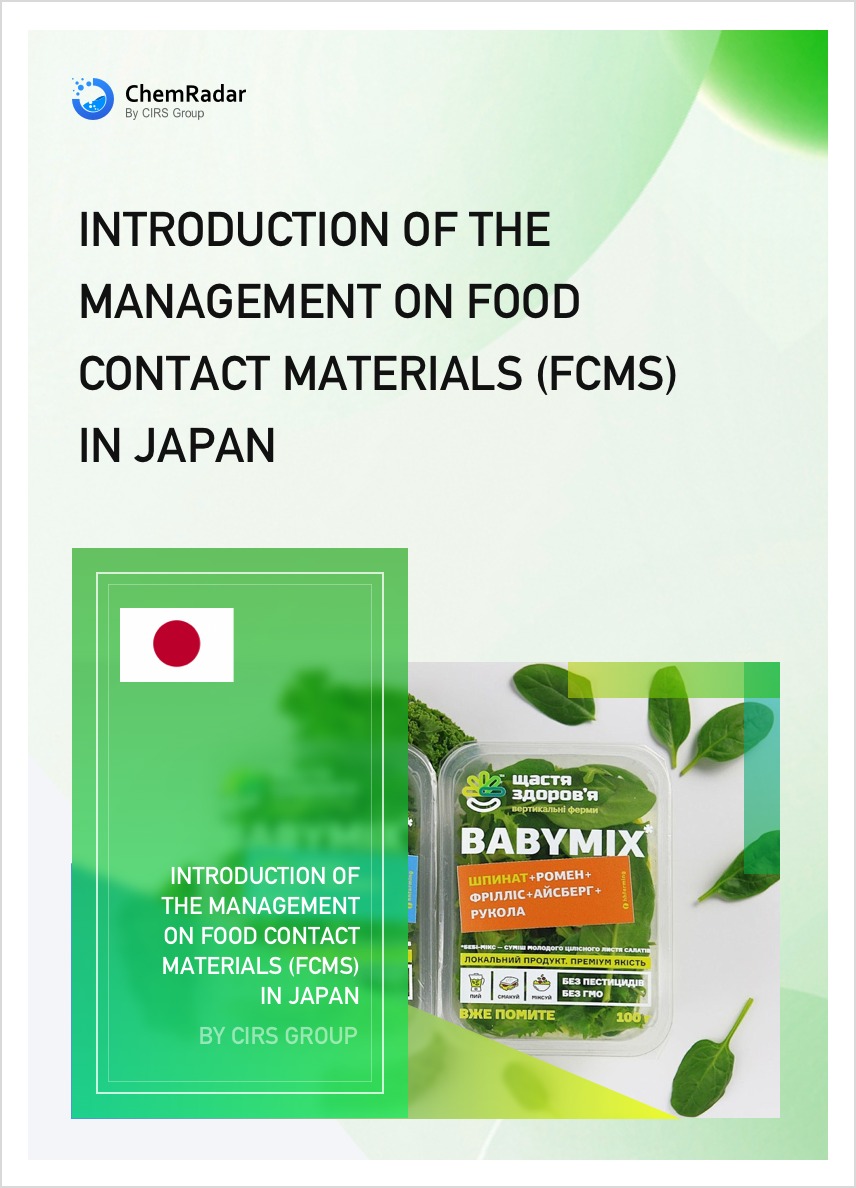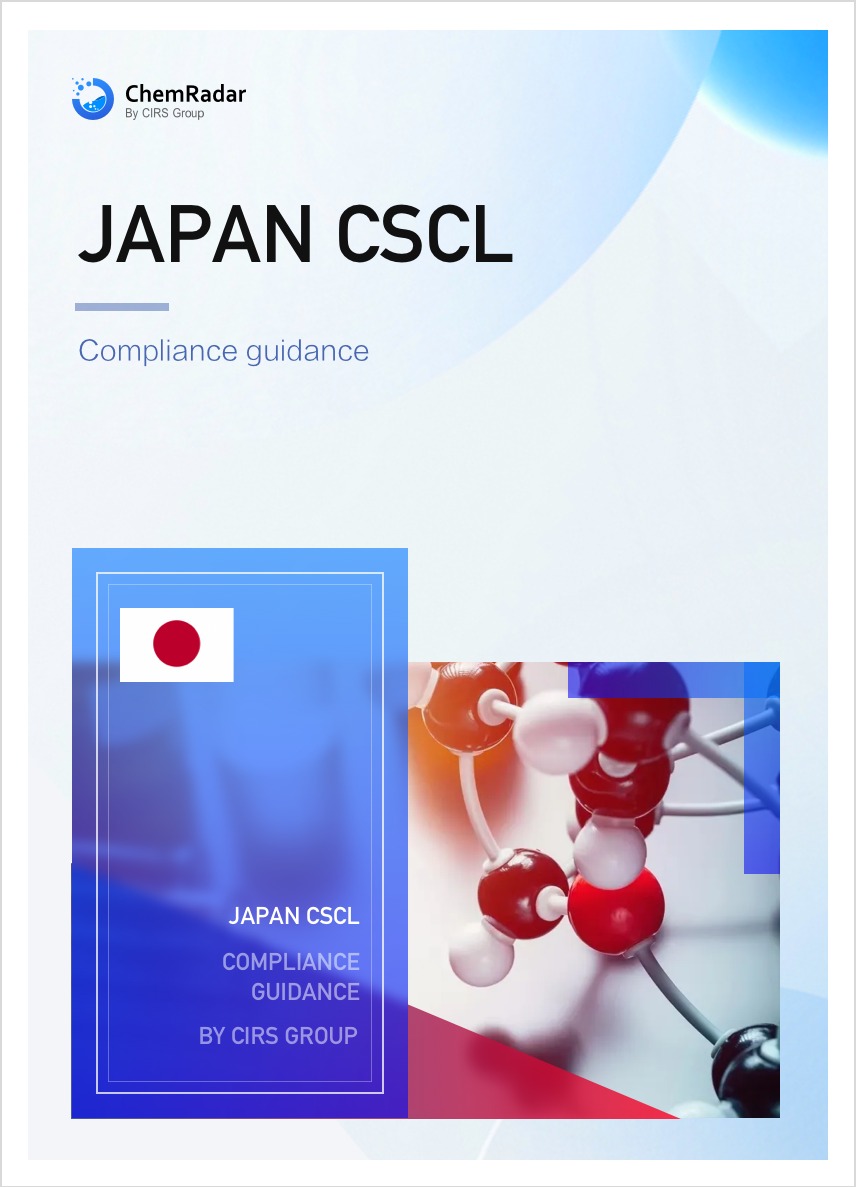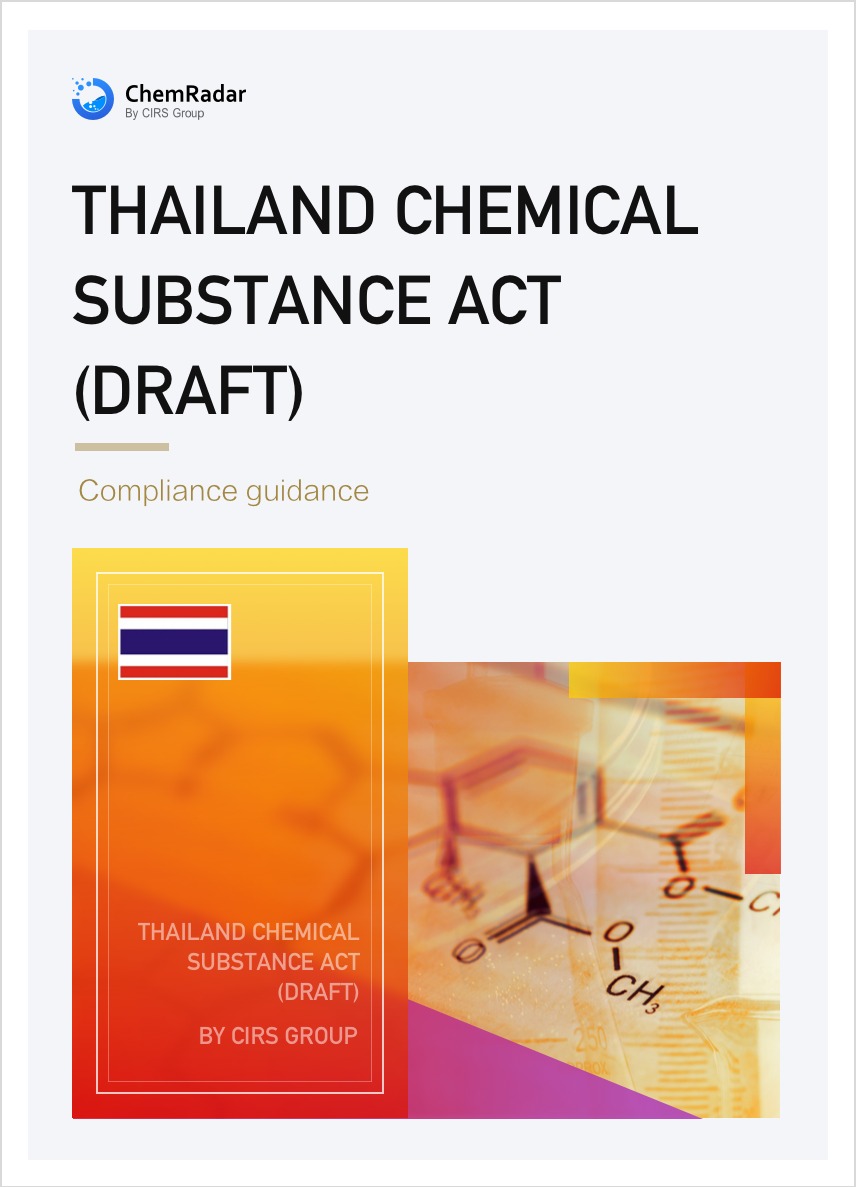Japan and Thailand recently implemented new regulatory measures concerning Persistent Organic Pollutants (POPs) as mentioned in the Stockholm Convention, specifically targeting the management of Dechlorane Plus and the UV-328. Although both countries are intensifying control over these chemicals, there are significant differences in their specific measures.
Background
In May 2023, the Conference of the Parties to the Stockholm Convention decided to add Dechlorane Plus and UV-328 to Annex A, which lists chemicals to be eliminated. The Convention aims to protect human health and the environment from POPs by reducing and/or eliminating the production, use, and release of these substances, and striving for the eradication of POPs.
Control Measures
Japan
The Ministry of Economy, Trade and Industry (METI) of Japan announced plans to include methoxychlor, Dechlorane Plus, and UV-328, along with products containing these chemicals, in the national Export Trade Control Order to restrict or abolish POPs known for their persistence, bioaccumulation, high toxicity, and long-range mobility in the environment. Currently, the government has opened a public consultation period, with a deadline set for January 6, 2025. According to Japan's Export Trade Control Order, exporting these chemicals requires approval from the Minister of Economy, Trade and Industry, although the specific effective date is yet to be determined.
Moreover, Japan also passed a Cabinet Order amending the Enforcement Decree of the Chemical Substances Control Law, designating methoxychlor, Dechlorane Plus, and UV-328 as Class I Specified Chemical Substances, expected to take effect on February 18, 2025. These substances are difficult to decompose, highly accumulative, and pose long-term toxicity to humans or higher predators.
Affected by this order, from June 18, 2025, Japan will prohibit the import of the following products:
Products containing UV-328:
- Lubricants
- Additives for enhancing the UV absorption capacity of resins
- Paints and varnishes
- Adhesives, tapes, and sealing fillers
Products containing Dechlorane Plus:
- Lubricants
- Flame retardant additives for resins
- Components for electronic and electrical equipment
- Silicone rubber
- Adhesives and tapes
Thailand
The Department of Industrial Works (DIW) of Thailand recently issued a draft announcement, proposing, under the 1992 Hazardous Substances Act (B.E.2535), to classify Dechlorane Plus and its syn-isomer and anti-isomer, as well as UV-328, as Category 3 hazardous substances. These substances now require a corresponding license during production, import, export, and possession.
The announcement will take effect the day after its publication in the Government Gazette. From the effective date of the announcement, manufacturers, importers, exporters of Dechlorane Plus and UV-328, or any enterprise holding and transporting Category 3 hazardous substances must apply for the corresponding license within 30 days. This change will directly impact the chemical manufacturing and import/export industries.
Applications of Dechlorane Plus and UV-328
Dechlorane Plus is primarily used as a flame retardant in high-performance plastics and rubber products, extensively applied in electronic devices, cable insulation, building materials, furniture, and automotive parts to enhance their fire safety performance.
UV-328 is a UV stabilizer, mainly used to prevent degradation and discoloration of plastics and other polymeric materials due to exposure to ultraviolet light, widely used in outdoor furniture, sports equipment, and vehicle parts.Overall, both Japan and Thailand are actively responding to the requirements of the Stockholm Convention by implementing stricter control measures to reduce and/or stop the production, use, and release of these POPs. However, Japan's measures appear more stringent, especially in prohibiting imports of products containing targeted chemicals, while Thailand focuses on strengthening regulation through a licensing system. These differences reflect the varying strategies of countries in balancing environmental protection policies and industrial development needs.
Overall, both Japan and Thailand are actively responding to the requirements of the Stockholm Convention by implementing stricter control measures to reduce and/or stop the production, use, and release of these POPs. However, Japan's measures appear more stringent, especially in prohibiting imports of products containing targeted chemicals, while Thailand focuses on strengthening regulation through a licensing system. These differences reflect the varying strategies of countries in balancing environmental protection policies and industrial development needs.



